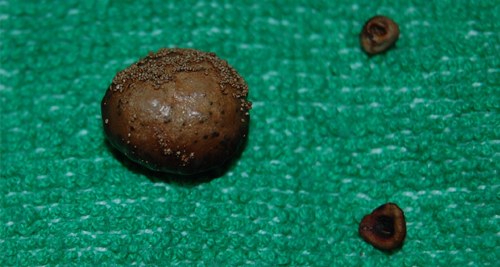Preventing Bladder Stones and Living Well
Preventing bladder stones and living well addressing the root cause, staying hydrated, and monitoring urinary health — especially in individuals with a history of stones or bladder issues.
1. Stay well hydrated
- Drink 1.5 to 2 litres of water daily, unless contraindicated.
- Adequate hydration keeps urine diluted, reducing crystal formation.
2. Manage underlying conditions
- Enlarged prostate: Seek early treatment if you struggle with urine flow.
- Neurogenic bladder: Use bladder training or intermittent catheterisation.
- Bladder infections: Treat promptly and complete all antibiotic courses.
- Pelvic or bladder abnormalities: Follow up regularly with a urologist if you’ve had surgery or injury.
3. Adjust your diet
- Limit foods high in oxalates (spinach, chocolate, tea).
- Moderate salt and protein intake.
- If you’ve had uric acid stones, reduce red meat and organ meats.
4. Avoid unnecessary catheters
- Only use urinary catheters when needed.
- Long-term use requires regular hygiene and replacement to reduce stone risk.
5. Regular medical reviews
- For patients with chronic bladder issues, annual ultrasound or urine tests can catch problems early.
Emotional wellbeing and support
- Chronic urological conditions can affect quality of life, intimacy, and mental health.
- Support groups, counselling, and patient education help reduce anxiety about symptoms or surgery.
Living with a history of bladder stones:
- Most people return to full function after treatment.
- Long-term prognosis is excellent with proper care.
- Maintaining a healthy bladder and urinary tract prevents recurrence and supports overall wellbeing.
Preventing Bladder Stones and Living Well
encouraged to advocate for themselves, ask for urology referrals when needed, and maintain open dialogue with healthcare providers.
👉 [End of Series | Back to Overview]


